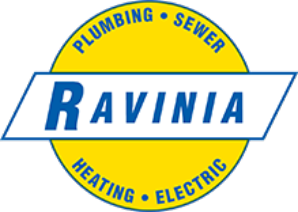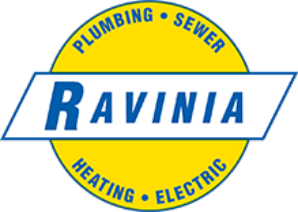
So, your water heater is getting up there in age. And maybe it isn’t generating the hot water it used to. Or the water is rusty. Or the unit is making noise. Or it leaks. Time for a new one. But how do you decide what to get. Here are a few thoughts.
Types of water heaters
The first thing you need to do is determine the type of heater you want. There are several types of water heaters. Here are the two main ones.
Storage tank heaters are the most common, and very likely the type of heater you have in your home. They have various capacities (see below). Water is stored in the tank and heated by natural gas, propane or electricity.
Advantages:
- Less costly than tankless heaters
- Require minimal maintenance
Disadvantages:
- Use significantly more energy than tankless heaters
Tankless heaters (also known as on-demand heaters) do not store water. So, when you turn on the hot water, cold water flows into the unit, gets heated to the preset temperature, and then is piped whenever needed. These also come in various capacities.
Advantages:
- Significantly more energy efficient than storage tank units
- You never run out of hot water
- Generally take up less space than storage tank heaters
Disadvantages:
- More expensive than storage tank heaters
- Installation may be more complex, further driving up costs.
- Must be de-limed every few years
Gas or electric
Traditional storage tank heaters can use natural gas, propane or electricity to heat water. Tankless heaters cannot use electricity. Generally, natural gas heaters have the highest upfront costs but have much lower annual operating costs than electric units, and electric units are cheaper to operate than propane units. You can check the estimated annual energy costs of a unit by looking at the label attached to the new appliance. You can compare the costs of different types of heaters, and then look at the purchase price and see what makes most sense for you. When you make that comparison, you can assume the average life of a storage tank unit of about 12 years, and as long as 20 years for a properly installed and maintained tankless unit.
Size
The other key component is size. Size is a function of the type of heater, the size of your household and estimated usage. Your dealer can help you determine the appropriate size. But before purchasing, make sure the unit will fit in the designated space. New heaters with the same capacity as your existing unit may be bigger than your existing unit based on new guidelines for energy efficiency.
If space is tight, lowboys or short water heaters are shorter and wider than standard units and can hold the same amount of water, but can be installed in tight locations such as crawl spaces or under cabinets.




